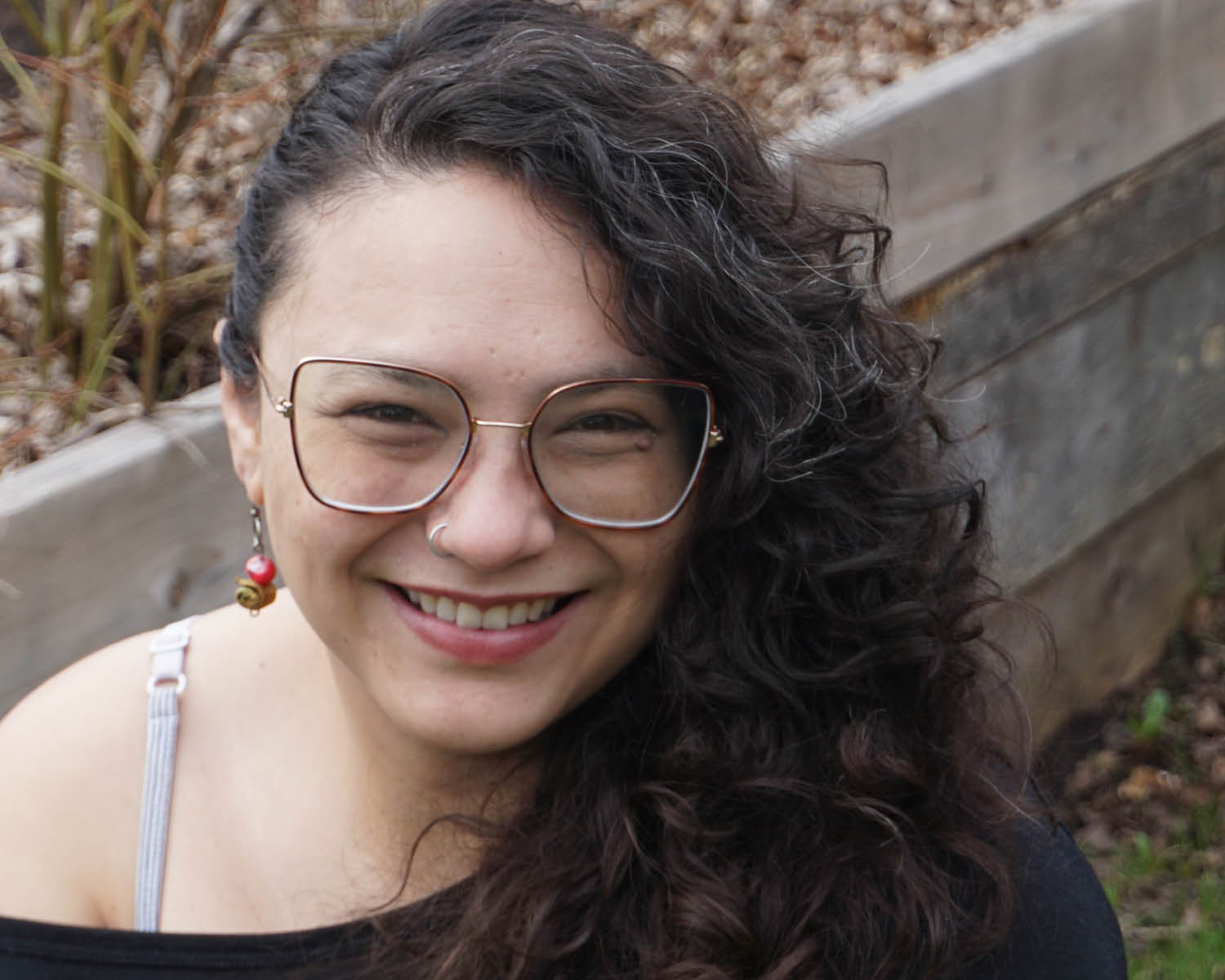Johanna Alexandra Cardona Campuzano

My master’s wasn’t always easy, it was a long learning and adaptation process. So this prize is the result of my hard work.
Johanna Campuzano
M.Sc. Research practices and public action, 2020
Centre Urbanisation Culture Société | Supervisor: Nicole Gallant
What brought you to INRS? What has stayed with you from your experience?
I am a lawyer by training, I have a master’s in philosophy of law and have worked in Colombia and Mexico. I’ve been in Québec for seven years. I took language courses to learn French and became interested in the public policies behind these courses. In my opinion, the cultural integration program for immigrants needs to be improved so it makes more sense socially and economically. The problem affected me personally and I did a research internship offered by Professor Nicole Gallant at the Urbanisation Culture Société Research Centre. She is interested in issues related to youth and immigration. After beginning as an independent student, I registered for the master’s in research practices and public action. I met some great people, I immersed myself in the research—which allowed me to create many contacts.
As an INRS student, you’re exceptionally close to the professors. They are so available, it’s the best context to do research. Since there weren’t many of us, we benefited from all the patience, all the love we needed to help us advance in our career. As for me, I love research and I adore Nicole Gallant. That being said, I also had interesting, enriching discussions with other profs, including María Eugenia Longo, director of the Observatory on Youth and Society, and I was an interface agent on a small social innovation project called “Lire ensemble”.
Can you tell us about the issues and impact of the research presented in your master’s project?
I did an internship at the research unit of Québec’s employment and social solidarity ministry. The goal of my work was to mobilize networks and knowledge resulting from three research projects done by INRS and Université Laval. I produced a report to guide implementation and decision-making regarding certain services for immigrants to Québec. In addition to drafting the report itself, I did a great deal of internal and external communications to clarify the adjustments to services as a function of the needs of immigrant communities. For example, based on survey results, I recommended opening up francization to certain categories of temporary immigrants.
What does winning this prize mean to you?
My master’s wasn’t always easy, it was a long learning and adaptation process. So this prize is the result of my hard work.
What is your next chapter, now that you have received your degree?
I am now in the second year of my doctorate, jointly supervised by Nicole Gallant and Annick Germain. I am preparing for my doctoral exam. My interest in the impact of public policies on the social and professional integration of immigrants continues. I would like to pursue an academic career in Québec.
